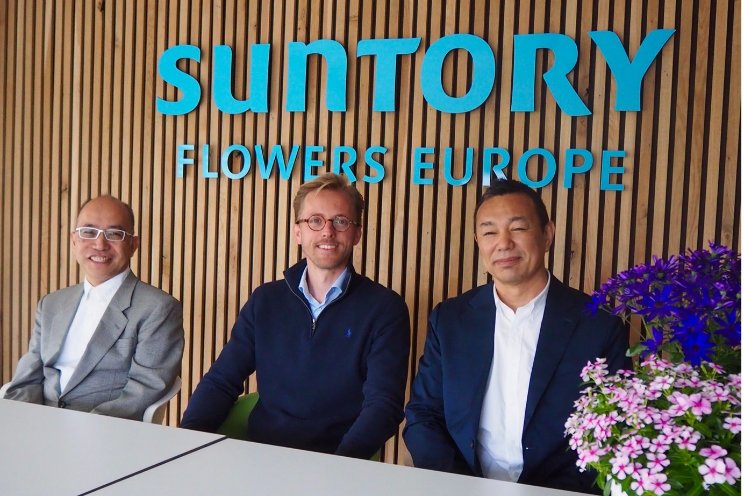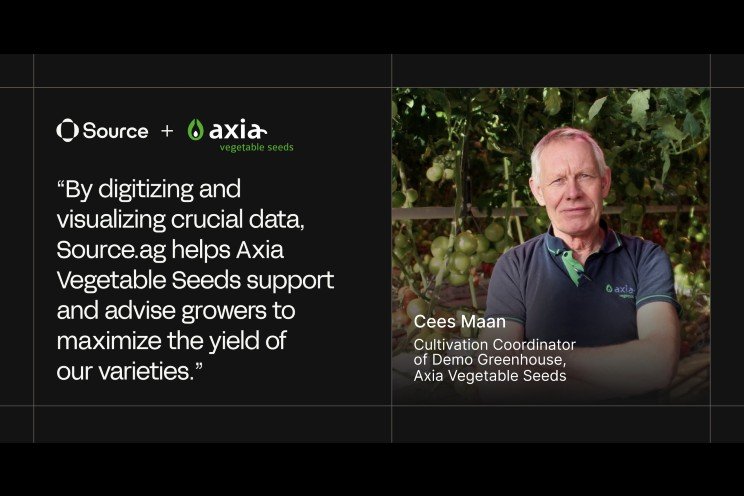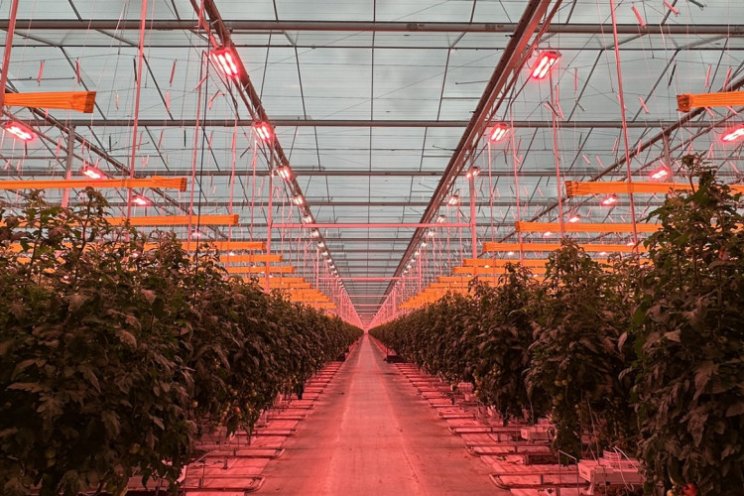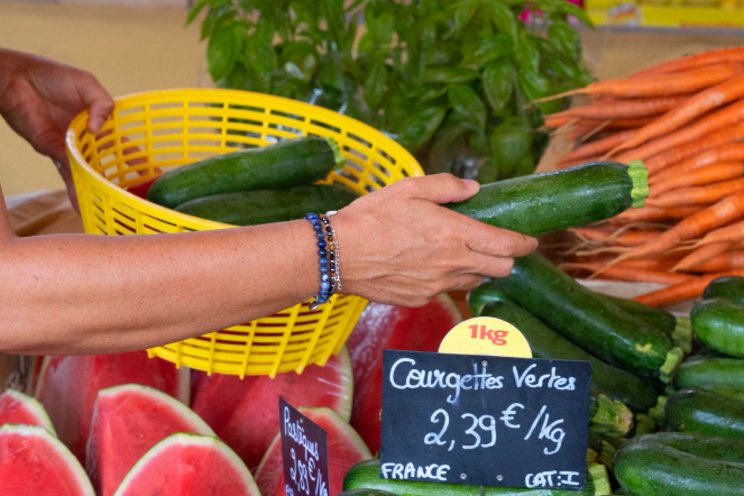Horti research and innovation come together for big results
Added on 05 January 2021

This past year, Vineland updated its innovation strategy. This was driven by a general need to take stock of the organization 12 years after its founding — what has been accomplished and where the organization could and should go in the future.
The agricultural innovation space is a busy one, with many different organizations and institutions looking to carve out their own niches.
"Each crop has its own opportunities and potential and part of our strength lies in knowing where the greatest needs are and where we can create the most commercial impact to benefit the greatest number of farms and businesses in the sector," says Tania Humphrey, PhD, Vineland's Vice President of Research and Development.
That's what led Vineland to narrow its innovation focus to just three key areas in its new strategy: plant products, automation, and environment. These are areas it believes, regardless of the crop, will generate success and support the Vineland mission of driving profitability, competitiveness, and sustainability for growers and the broader horticulture sector.
"If you want to create impact, you have to make sure your resources are directed to what will make the most impact and that they aren't spread too thin," she adds. "We needed to make some bold calls in key areas and clearly define what we're going to do."
Vineland's 2021 Innovation Report speaks to much of this. Among the many projects featured in the new report are:
"The Tomatoes That Canadians Want": Over the last seven years, tomato breeding at Vineland has gone from an idea for new greenhouse tomatoes-on-the-vine for the Canadian marketplace to bringing seeds to market that are now being used in commercial greenhouse production. In the process, that work has connected everything from grower outreach and consumer sciences to biochemistry and plant breeding — all aspects of Vineland's value proposition that sets it apart from other horticulture breeding programs. And it all began with a core understanding of what Ontario's greenhouse growers are looking for when it comes to growing tomatoes.
"Collaboration for Innovation Impact": Rose Buitenhuis, PhD, Vineland's Research Scientist of Biological Control can't remember a time when she didn't collaborate on her research with someone from the Ontario Ministry of Agriculture, Food and Rural Affairs (OMAFRA). The research scientist in biological control is part of a tight, three-way network of specialists at Vineland, OMAFRA, and the University of Guelph working closely together to tackle pest problems affecting the floriculture industry. It's a collaboration that is part of Vineland's unique ability to bring value to the horticulture industry in ways that matter directly to growers.
You can download the full report here.
Source and Photo Courtesy of Greenhouse Grower
Source: Greenhouse Grower
More news















